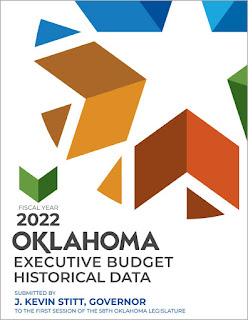Weekly Opinion Editorial
ELIGIBLE VOTERS
by Steve Fair
On Sunday, just before the 2021 session adjournment,
the Texas legislature passed Senate Bill #7(SB7) along Party lines. SB#7 is an election reform bill that cuts
back on early voting hours, bans drive-through voting, makes it a jail felony
for local officials to send mail-in ballots to voters that didn’t request them
and expands access for poll watchers in the Lone Star state. It further adds new identification requirements
for mail-in ballots.
SB#7 was aimed at Harris County (Houston),
a Democratic stronghold, where during the 2020 general election 140,000 people voted
from their cars at 24-hour polling places.
Critics of Harris County’s practices said there was little effort to
insure those who voted were who they said they were. Proponents said the practices allowed many
who had never voted before to cast a ballot.
Governor Greg Abbott is expected to sign SB#7 when it reaches his
desk. Similar election reform measures have
passed in Iowa, Georgia and Florida’s state legislature. On Sunday, after it was passed, President Biden
called SB#7 ‘wrong and un-American. Four
observations:
First, it is past time Republicans took on
election reform. In their 2008 ruling, the
Supreme Court upheld the state of Indiana’s voter ID law by a 6-3 vote and said
there were ‘fragrant examples of voter fraud throughout U.S. history,’ thus the
need to insure those who were voting were who they said they were. Democrats have consistently opposed voter ID
laws. Why would anyone oppose such a common-sense
idea as voter identification? The only
logical answer is they could care less about election integrity, only winning.
Second, early voting should be limited. Until the last decade, early voting was very
limited. A person could vote by absentee
ballot, but otherwise, they had to show up on election day and cast their
ballot. In order to accommodate our ‘convenience/consumer
driven’ society, early voting was implemented.
Initially, early voting was a couple of days before the actual election,
but then some states expanded it to weeks before the election. T
There are two potential issues with early
voting; (1) there must be a fool proof way to insure no one casts two ballots-
one early and one on election day, and (2) in many elections, something major happens
late in the campaign that might change a voter’s mind, but they have already
cast their ballot. Oklahoma’s three days before the actual election early
voting system is convenient enough.
Third, voter fraud is real. On their website, the Heritage Foundation
cite eleven examples, starting back in 1983 forward of election fraud. They list nine methods of voter fraud- from
voter impersonation at the polls to fraudulent use of absentee ballots. In Harris County, Texas unsolicited absentee
ballots were sent out and then allowed to be sent back with no voter
identification verification. SB#7 makes that
a felony in Texas. That should be the
case nationwide.
Fourth, Democrats are working on election
reform as well. HB#1, proposed by President
Biden would implement Harris County’s 2020 ‘wink and nod’ practices to every voting
precinct in the country. That, Mr. President
is ‘wrong and unamerican.’
“In the 21st century, we
should be making it easier, not harder, for every eligible voter to vote,”
the president says. The two key words
are eligible voter. Just who determines
who is eligible to vote? According to Democrats,
it is anyone who votes straight Democrat.
The Heritage Foundation is right when they
say: “Election integrity is essential and the security of the ballot box
cannot be left to a simple honor system. It is incumbent upon state governments
to safeguard the electoral process, and ensure that every voter’s right to cast
a ballot is protected.”





